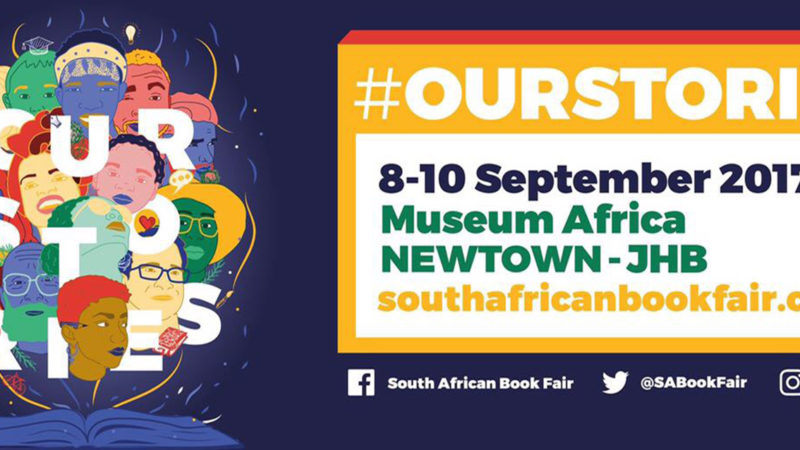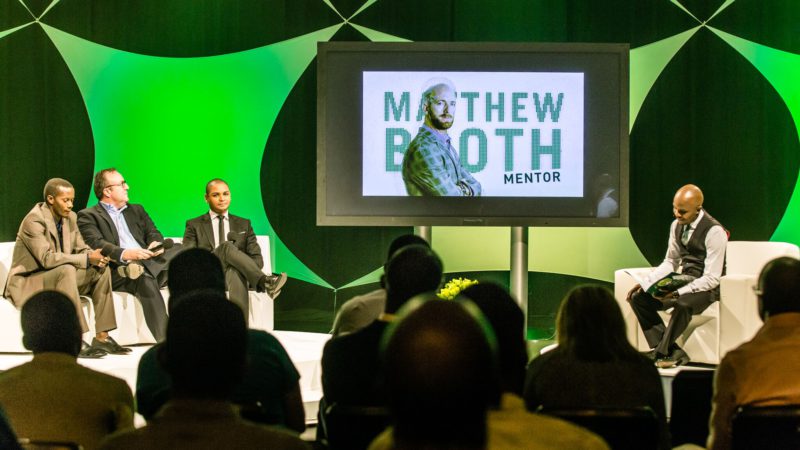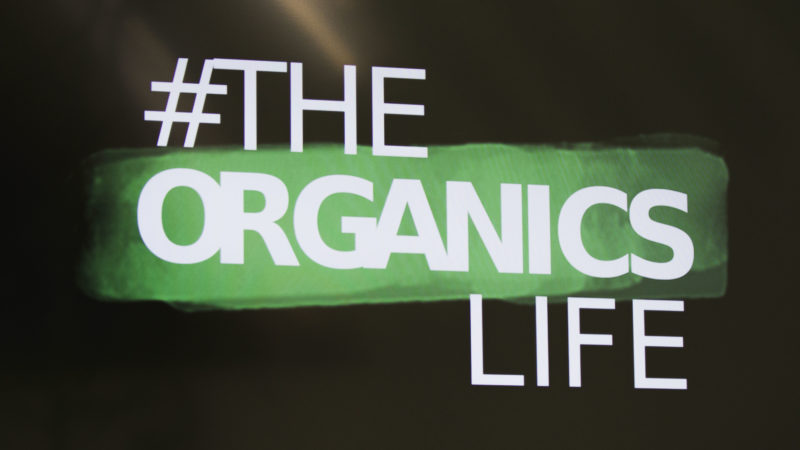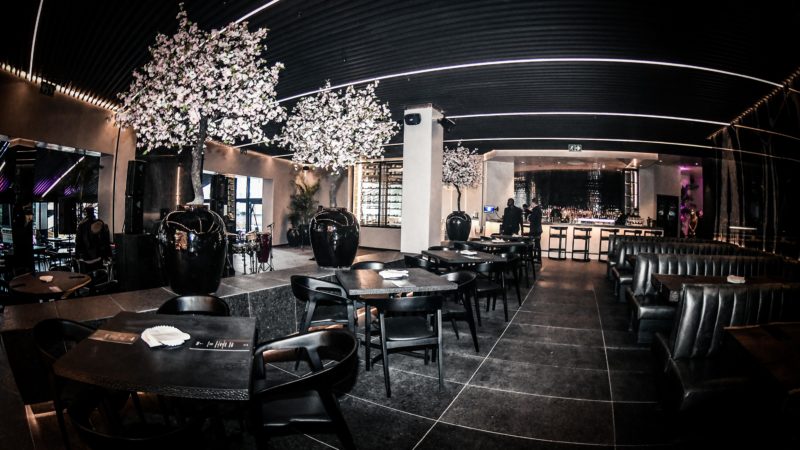‘We stand on the brink of a technological revolution that will fundamentally alter the way we live, work, and relate to one another. In its scale, scope, and complexity, the transformation will be unlike anything humankind has experienced before.’ Klaus Schwab, Founder and Executive Chairman, World Economic Forum.
The Information Age (also known as the Computer Age, Digital Age, or New Media Age) is a period in human history characterized by the shift from traditional industry that the Industrial Revolution brought through industrialization, to an economy based on information computerization. The onset of the Information Age is associated with the Digital Revolution, just as the Industrial Revolution marked the onset of the Industrial Age.
When I was at university, living and studying on a bursary, I would have to go to a bank and use a bank book to withdraw funds. But on one such trip, without warning, the cashier handed me an ATM card. The bank book was now a thing of the past. Things had shifted, as they so often do, and I had to quickly adapt to this change.
Digital technologies, for many of us whose work is intimately connected to it, represent a profound shift that impacts all our lives. The digitalisation of the world presents us with exciting opportunities and daunting challenge. Failure to adapt will mean certain death for our business, and those of many others.
While most SA media houses, are still thinking and operating in analogue, journalists and citizens are increasingly living digital, while media houses are shutting down print titles, shedding jobs, the hum from the blogosphere grows louder, the proliferation of social media charges forward and media consumption, in line with access to the net, increasing.
The invention of the internet did not “un-invent” paper, Nor did it ‘un-invent’ news; quite the opposite. What access to a never-ending stream of information has done is quicken the news cycle, give voice to more opinions and create greater and clearer market segmentation. Consumers have never been more spoilt for choice.
The same digital technology that is being blamed for the decline in traditional media has exponentially increased demand for the words and images that we use to make sense of this world. And who better to collect, collate and present those words and images than the media?
Today marks a great moment in the rapid growth of onpoint pr , as part of rethinking our own approach, we are proud to LAUNCH a digital newsroom for our stories. A bold effort to improve the way we communicate with media, streamline access to our stories, provide a space where images, video, audio, releases and updates live together. It will be structured around news, with a greater editorial focus, and represents just one way we believe we can modernize our approach and adapt to digital demands.
Along with the newsroom, we are launching a complete rethink of the traditional press release, prepare a for an audio visual summary of the key thoughts, links to written, audio and visual assets, with one click downloads.
As we say goodbye to the past and embrace the digital age, we thank you for considering us, working with us and helping us grow. The future promises better, faster and more relevant as we continue to drive positive social change in our society.
Paul Leisegang








